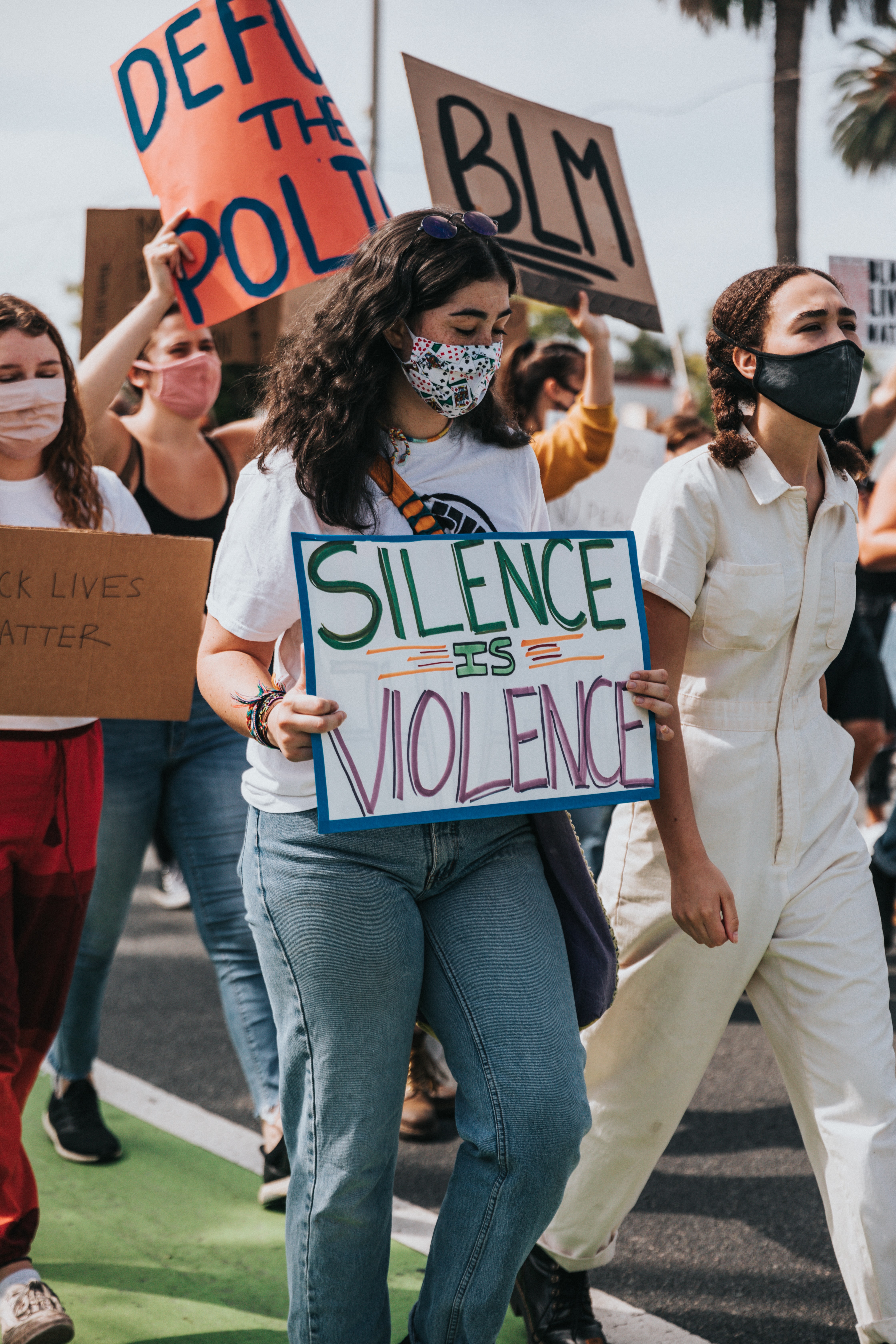The Truth about Gender-Based Violence GBV in South Africa
Image Source: Unsplash
Domestic violence by partners or family members
Domestic violence is the most common form of gender-based violence in South Africa. One-in-five women will experience physical or psychological abuse from a partner during her lifetime, while one-in-seven women will experience such violence from a family member. While these statistics may seem alarming, they represent an improvement over previous decades. Almost half of all South African women between the ages of 20 and 24 reports having experienced domestic violence, while less than a quarter of women over the age of 45 have done so. The levels of reported domestic violence in South Africa have declined significantly since the early 2000s. While researchers have not yet been able to determine why this is the case, the decline in reported cases of domestic violence is likely the result of increased public awareness and a greater willingness among South African women to report abuse.
The trafficking of women and girls in South Africa
Human trafficking is a devastating global problem in which people are deceived into labor or sexual exploitation and then forced to work for no pay. This occurs in every region of the world, but South Africa is a key destination for trafficked people. The trafficking of women and girls from South Africa is primarily driven by demand and includes cases involving sex work, forced marriage and sexual exploitation. Currently, an estimated 100,000 girls and women living in South Africa were trafficked into sex work and forced to work against their will. The exploitation of underage girls and children is widespread, with one-third of all sex workers in the country minors.
Violence against women online
Although most gender-based violence in South Africa happens in person, a growing number of cases have recently involved online threats, abuse, or harassment. In many cases, perpetrators use social media or online dating platforms to find their victims or to send unwanted or inappropriate messages. There has been an alarming increase in extortion cases in South Africa involving online dating. In such cases, perpetrators threaten to send compromising or false information to a victim’s family or colleagues unless they are paid money. In some cases, perpetrators have used fake online profiles to send death threats, rape threats, or posts about a person’s whereabouts. This type of abuse tends to happen to women, but men have also been victims.
The cycle of abuse
Even though different forms of gender-based violence occur in different contexts, a significant number of such cases involve a “cycle of abuse” in which one partner commits a violent act and then threatens to commit further violence if the victim goes to the authorities or seeks help in any way. The cycle of abuse is a destructive pattern in which one partner (usually a man) treats his partner (usually a woman) in an abusive or controlling way. Such men use threats, physical force, and psychological abuse to keep their partners from leaving or seeking help. The cycle of abuse is often characterized by a pattern in which the abuser does something harmful and then apologizes, begs for forgiveness, and promises that it will never happen again. Over time, however, the abuser becomes less remorseful, more controlling, and more violent.
Conclusion
Gender-based violence is a widespread problem in South Africa and across the globe. While efforts to reduce such incidents have been relatively successful in some countries, other nations have failed to make significant strides towards reducing violence against women. While social media has played a role in the abuse of women in South Africa in recent years, the impact of digital platforms on such cases is relatively minor. The most effective way to address gender-based violence is by increasing public awareness and providing greater access to education and support services. This article explored the different kinds of gender-based violence affecting women in South Africa today with a particular emphasis on cases which involve social media and other digital platforms as a risk factor involved in many recent cases.
Share This





